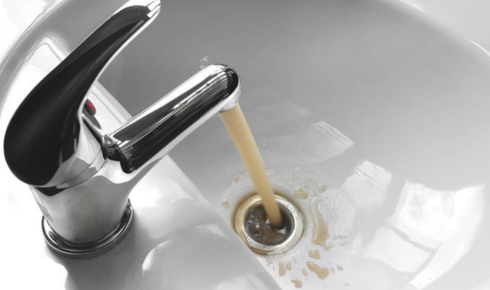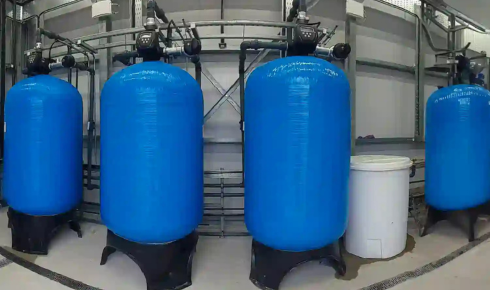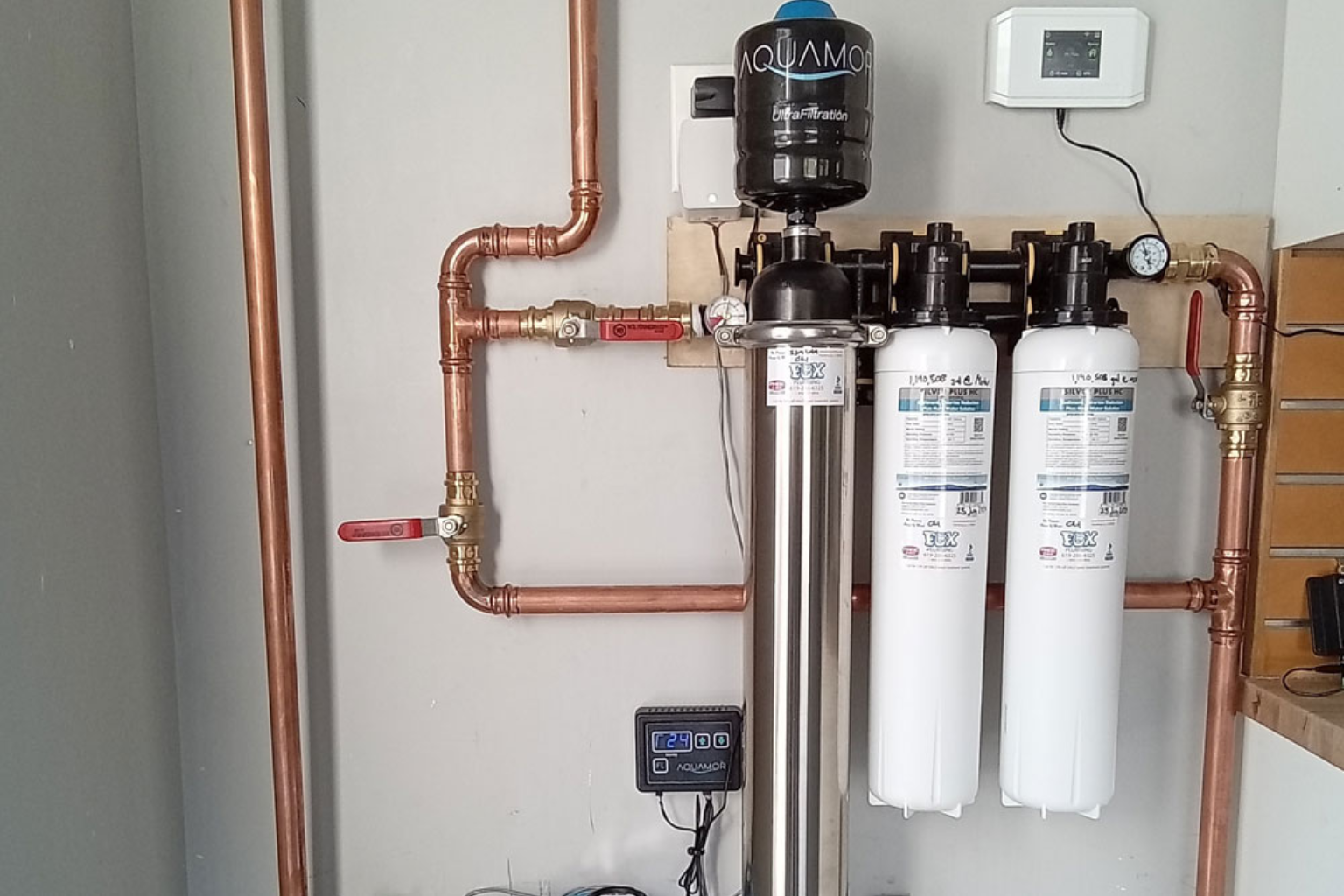If you’ve ever lived in Florida—or even just visited—you may have noticed something unusual about the water. You turn on the tap, fill a glass, and pause. There’s a scent. Not always strong, sometimes subtle, but unmistakable once you know it’s there. Personally, it caught me off guard when I first moved here. I kept wondering: is this normal? Is it safe? And why does Florida water have that characteristic odor that seems to set it apart from other states?
After a few months of casual research, talking to neighbors, and even consulting a local water specialist, I realized there’s a lot going on beneath the surface—literally. The water here isn’t “bad,” but it does have quirks that can be explained scientifically.
The Science Behind the Smell
Florida’s water comes from both surface and groundwater sources, often traveling through limestone-rich soil and aquifers before reaching your tap. The minerals in the soil interact with the water, sometimes creating sulfur-like smells or slightly metallic notes. A lot of the time, this is completely natural and harmless.
For those curious, one question that comes up frequently is why does florida water smell the way it does. The short answer is that hydrogen sulfide—a gas produced by the decay of organic material in water sources—is a major culprit. It’s odorless in tiny concentrations but becomes noticeable even in small amounts, especially when hot water is involved. Combine this with chlorine treatment and other minerals in the water, and you have a unique, sometimes puzzling aroma.
Recognizing the Odor
It’s one thing to know there’s a smell, but describing it is another. Many people struggle to put it into words. If you’ve asked yourself what does florida water smell like, the answer usually falls somewhere between “rotten eggs” and “earthy” with a faint metallic tinge. Some residents describe it as slightly musty or sulfurous, while others notice a hint of chlorine or a mineral taste.
Your perception may vary depending on the season, local rainfall, and even which part of Florida you’re in. Summer rains can stir up organic matter in surface water, amplifying the scent, while deeper wells may produce more pronounced sulfur notes. Personally, I noticed that my tap water smelled stronger in the early morning, which made coffee brewing a little less enjoyable until I started using a filter.
Sulfur Smell: What’s Really Happening
So why does Florida smell like sulfur sometimes, even beyond tap water? This question comes up all the time, especially for newcomers. Sulfur odors often originate from naturally occurring hydrogen sulfide gas in the ground, which is common in swampy areas, wetlands, and aquifers. In some cases, the smell can even be noticeable outdoors, particularly near bodies of water with high organic content.
It’s important to note that sulfur smells aren’t necessarily a sign of contamination. They’re often a natural byproduct of Florida’s unique geology and water composition. That said, if the smell is very strong or accompanied by other odd water characteristics, it’s worth having a professional water test performed to ensure safety.
How Water Treatment Helps
If the smell bothers you or affects taste, there are solutions. Many Florida homeowners invest in water treatment systems to reduce odors and improve overall water quality. Activated carbon filters, reverse osmosis systems, and specialized sulfur removal units can all make a noticeable difference.
For example, a local friend installed an under-sink filtration system and noticed the water tasted cleaner within days. The “rotten egg” note disappeared almost entirely, and cooking, coffee, and even showering felt more pleasant. While these systems require some maintenance—like filter changes and occasional inspections—the improvement is tangible, and it’s a small price to pay for comfort and peace of mind.
Hot Water and Smell
Interestingly, the smell is often more noticeable in hot water. That’s because heating water can release dissolved hydrogen sulfide gas, making the odor more pronounced. That explains why your shower or dishwasher might have a stronger sulfur smell compared to cold tap water.
Some people try flushing the hot water heater or replacing its anode rod to reduce odor. While this won’t eliminate the problem entirely, it can significantly minimize the smell and extend the life of your appliance. Combining this with a filtration system often produces the best results.
Seasonal Variations
Florida’s water isn’t static; it changes with the seasons. Heavy rains can stir up sediments and organic materials in surface water sources, increasing odors and discoloration. Conversely, during dry periods, groundwater may carry higher concentrations of minerals like sulfur, making the smell more noticeable.
This seasonal variation explains why some residents say the water smells fine at certain times of year and then suddenly develops a strong sulfur note. It’s not that the water has suddenly become “bad”—it’s simply responding to natural environmental changes.
Tips for Improving Water at Home
If the smell bothers you, here are a few practical steps:
- Filtration Systems – Activated carbon filters or reverse osmosis systems can remove sulfur and chlorine tastes.
- Regular Maintenance – Flush pipes and water heaters to remove stagnant water that can harbor odors.
- Check Your Well or Source – If you rely on a private well, hydrogen sulfide levels can be higher, and a professional water treatment system may be necessary.
- Boiling Water – Interestingly, boiling water can release some sulfur gas, temporarily reducing the smell for drinking and cooking.
Even small changes can make everyday tasks more pleasant—from filling a glass to doing dishes or brewing coffee.
When to Seek Professional Help
Most of the time, Florida’s water smells are natural and harmless, but it’s still wise to monitor your water quality. If you notice unusual colors, persistent cloudiness, or extremely strong odors, a professional test can confirm safety. Many local water specialists are familiar with Florida’s unique water chemistry and can recommend systems to address odor, taste, and mineral content.
A professional evaluation not only gives peace of mind but can also help you select a system tailored to your home and water source, ensuring long-term effectiveness without overcomplicating things.
Embracing Florida’s Water
It’s easy to see the smell as a nuisance, but understanding why it happens can make it feel less alarming. Florida’s water is a product of its environment—swamps, aquifers, limestone-rich soil, and seasonal changes all play a role. For those willing to invest in filtration or treatment, you can largely eliminate odors and enjoy the water with confidence.
Personally, learning about why does florida smell like sulfur helped me approach the issue with curiosity rather than frustration. I started to see it as part of the state’s character—a reminder of the natural processes happening underground, quietly shaping our everyday experience.
By taking small steps—filters, routine maintenance, and professional guidance—you can transform your water from a mild inconvenience to a consistently pleasant, clean, and safe resource. It’s one of those subtle improvements that makes daily life feel just a little bit better, even if no one else notices.
Final Thoughts
Florida’s water smells are natural, often harmless, and tied closely to the state’s geology and environment. Understanding what does florida water smell like and why does florida smell like sulfur can ease concerns and help residents make informed choices about home water treatment.




